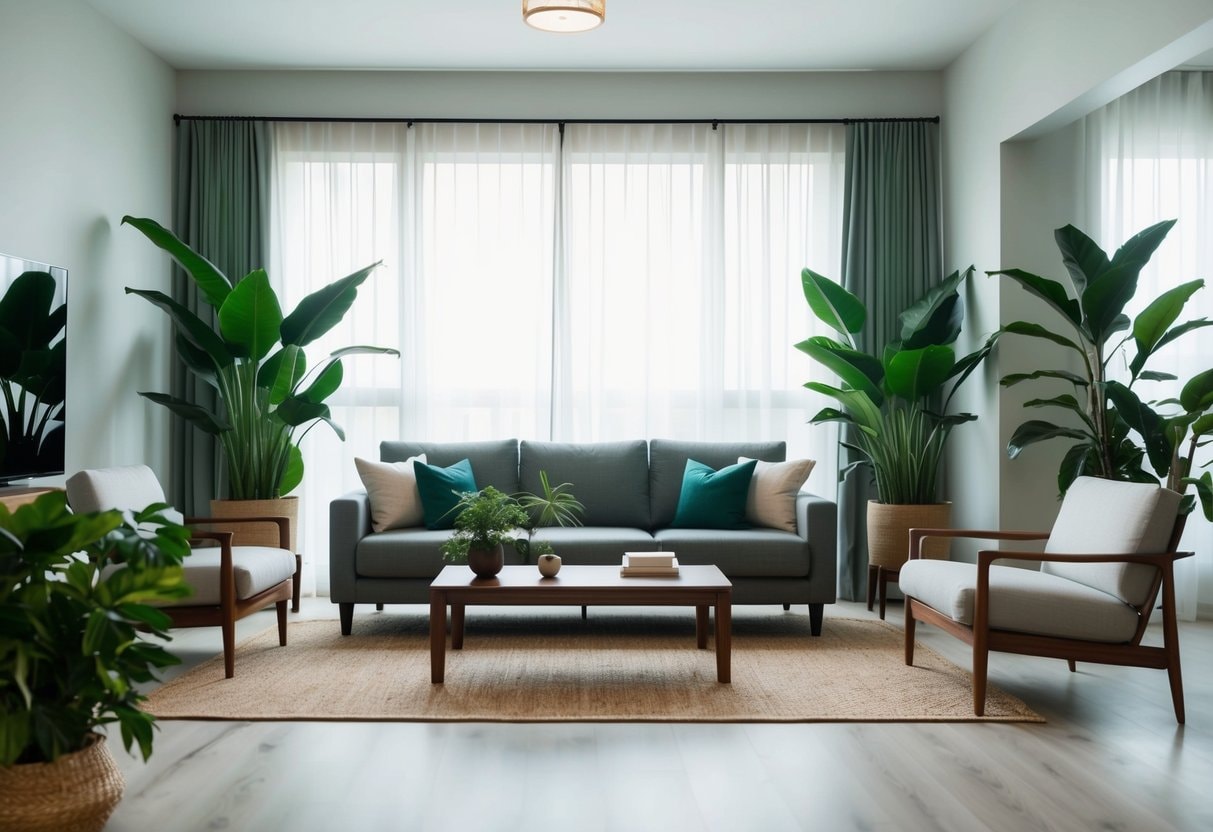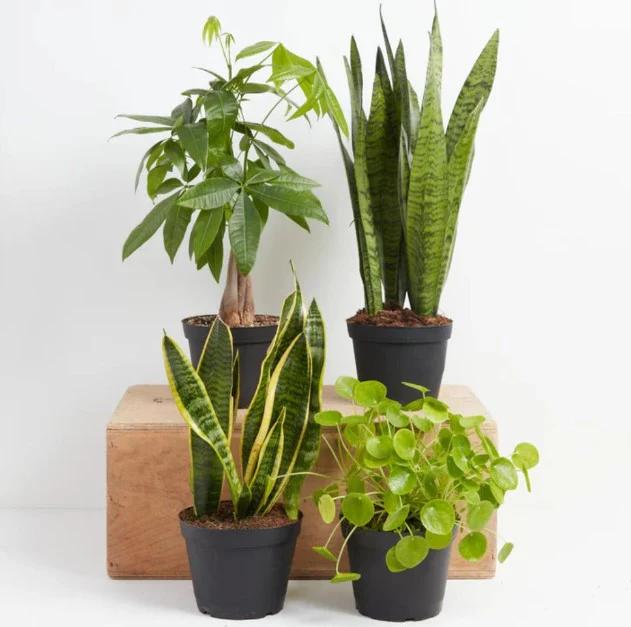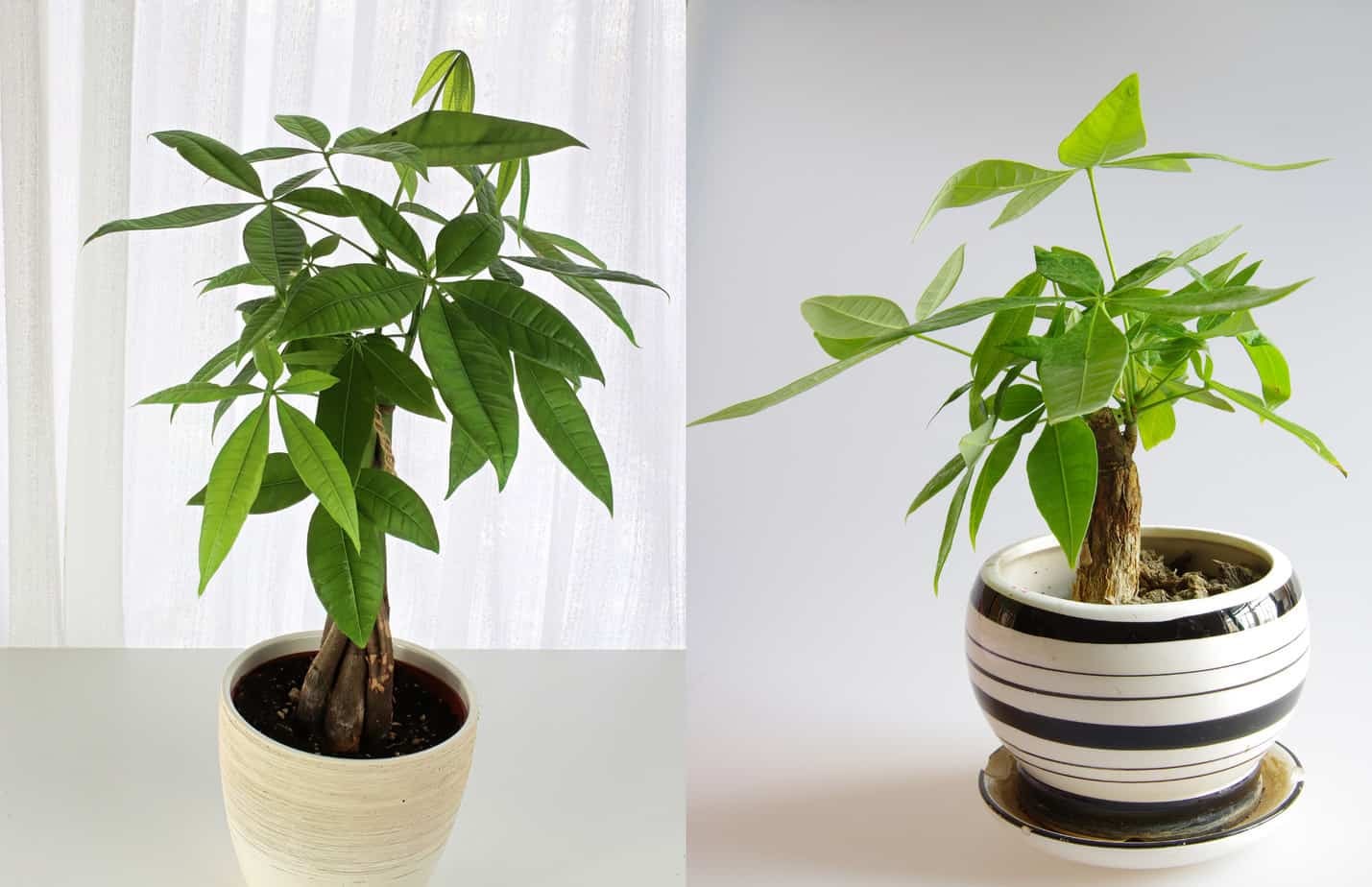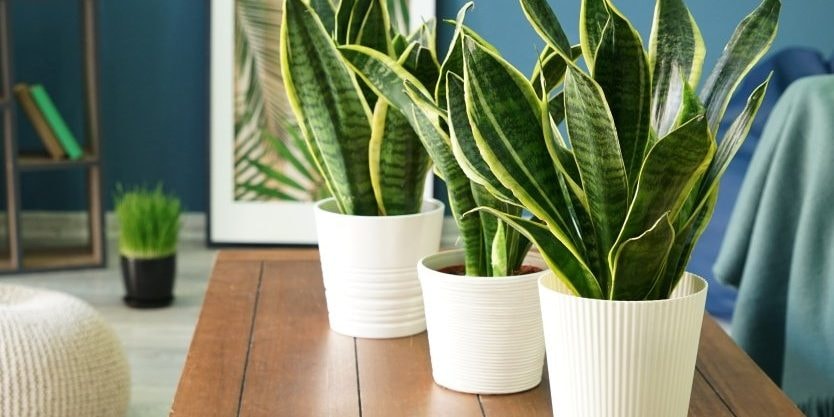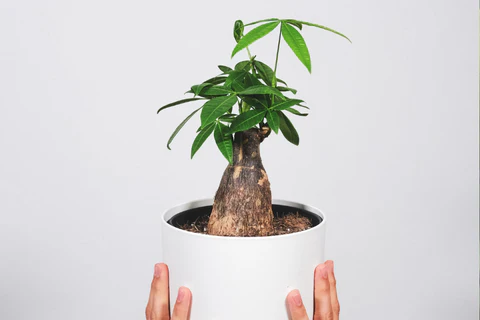HousePlantJoy is supported by our audience. When you purchase through one of our links, we may earn a small affiliate commission. As an Amazon Associate I earn from qualifying purchases. Your cost is not affected.
==================
Feng Shui and plants are more than just ancient Chinese art; they’re powerful tools for harmonizing the energy in our surroundings. By carefully arranging plants in our spaces, we can create a positive energy flow that supports our mental and physical well-being. Each plant has its vibrational qualities, and when positioned with intention, they invite abundance, health, and serenity into our homes. Whether you’re new to feng shui or a seasoned practitioner, understanding how to place greenery for optimal energy flow can transform any space into a sanctuary of tranquility and growth.
Imagine walking into a room and immediately feeling at ease, inspired, and uplifted. The magic of Feng Shui lies in these subtle yet profound shifts that plants can bring. From lush money plants that symbolize prosperity to calming bamboo stalks known for attracting peace, each green companion has a purpose. In this article, you’ll uncover the secrets to selecting and arranging plants to align with the principles of Feng Shui, which will help you create a home filled with balance and vibrant life.
Creating Harmony with Greenery: Feng Shui Tips for Energizing Your Space
Feng Shui and plants, the ancient Chinese art of harmonizing spaces, can work wonders together. By arranging greenery in your home, you can boost positive energy and create a more balanced environment. Placing plants near your front door invites positive energy and tranquility into your home. Feng Shui and plants work in harmony, as different plants have unique effects on energy flow.
For example, peace lilies bring calm and serenity, while pothos plants are excellent for promoting positive energy. The size and shape of leaves also matter – large, rounded leaves tend to bring more positive energy than sharp, pointy ones. When arranging plants, consider the energy of each room. Bedrooms benefit from calming plants, while living areas thrive with more vibrant greenery.
Key Highlights
-
Feng Shui emphasizes the importance of arranging plants thoughtfully to enhance positive energy in a space. Each plant possesses unique vibrational qualities, and their placement can significantly impact mental and physical well-being, inviting abundance and tranquility into your home.
-
Different plants symbolize various energies in Feng Shui. For instance, money plants attract prosperity, while peace lilies promote calmness. Understanding the symbolism behind plants can help select and position them effectively to create a balanced environment.
-
Incorporating plants improves air quality by purifying toxins and releasing oxygen, which enhances the flow of chi (vital energy) in your home. Healthy, vibrant plants not only uplift the aesthetic of a space but also contribute to a more energized and focused atmosphere.
-
Utilizing tools like the Bagua map can assist in strategically placing plants in your home. Different areas correspond to specific aspects of life, and aligning plant placement with these zones helps promote well-being, wealth, and relationships, creating a harmonious living space.
-
Proper care of Feng Shui plants is crucial to maintaining their positive energy. Regular watering, adequate light, and leaf cleaning ensure that plants remain vibrant and healthy, fostering a continuous flow of good energy throughout your home.
The Basics of Feng Shui
Feng Shui is an ancient Chinese practice that aims to create balance and harmony in your space. It’s all about arranging things to promote good energy flow. The main idea is that your surroundings affect your well-being. By applying Feng Shui principles, you can improve different areas of your life. Feng Shui works with five elements: wood, fire, earth, metal, and water. Each element has its energy and relates to specific life aspects. Here’s a quick breakdown:
-
Wood: Growth and vitality.
-
Fire: Passion and energy.
-
Earth: Stability and nourishment.
-
Metal: Clarity and precision.
-
Water: Wisdom and serenity.
Bagua Map
Another key concept is the Bagua map. It’s like an energy grid for your space. Each section of the map links to a different part of your life, such as wealth, health, or relationships. Proper placement of furniture and objects is crucial in Feng Shui. For example, you should place your bed or desk in a “commanding position” – where you can see the door but aren’t directly in line with it.
Colors play a big role, too. They can boost or reduce energy in different areas of your home. For instance, green represents growth, while red symbolizes passion and excitement. Feng Shui is about creating a space that feels good to you. It’s not just about rules but about making your home a place where you feel happy and at peace.
Importance of Plants in Feng Shui
Feng Shui and plants play a vital role together, bringing life energy and natural beauty to spaces. Incorporating plants can improve your home’s energy flow and create a more balanced environment.
Air Quality and Energy Flow
Plants are natural air purifiers. They absorb toxins and release oxygen, making your air cleaner. This improved air quality boosts the energy flow in your space. You’ll feel more energized and focused in rooms with plants. They can help reduce stress and improve your mood.
Choose plants with rounded leaves for gentle energy. Avoid plants with spiky leaves, as they can create harsh energy. Plants should be placed in areas where energy tends to stagnate. Corners and empty spaces are great spots. This helps keep energy moving throughout your home.
Symbolism of Plants in Feng Shui
In Feng Shui, different plants have unique meanings. Bamboo represents flexibility and growth. Money plants are believed to attract wealth and prosperity. The color of plants matters, too. Green symbolizes growth and renewal. Flowers in various colors can bring different energies to your space.
Be mindful of plant placement. Avoid putting large plants in small spaces, which can block energy flow. Instead, choose plants that fit well in their designated areas. Healthy plants are crucial. Take good care of your plants to maintain positive energy. Remove any dead or dying plants promptly.
Selecting the Right Plants for Feng Shui
Choosing plants for your space with Feng Shui and Plants principles can boost energy flow and create harmony. The right greenery brings positive vibes, while some plants may disrupt the balance.
Feng Shui-Friendly Plants
Pothos plants are great for feng shui. They’re easy to care for and have waxy green leaves that add life to any room. You can hang them or place them on shelves to fill empty spaces. Snake plants are another good pick. They clean the air and have strong, upright leaves representing protective energy.
Money trees are popular in feng shui. Their braided trunks and coin-shaped leaves are said to attract wealth and prosperity. Bamboo is a symbol of good luck and flexibility. You can grow it in water or soil, making it perfect for small spaces.
Plants to Avoid in Feng Shui
Cacti and other spiky plants are not ideal for feng shui. Their sharp points create harsh energy that can make you feel on edge. Avoid plants with droopy or dying leaves, as they bring down the energy of your space and can make you feel tired. Bonsai trees are beautiful but not great for feng shui. Their stunted growth can limit your growth and opportunities.
Large plants that overpower a room can create imbalance. Choose plants that fit well in your space without crowding it. Remember, fake plants don’t have the same energy as living ones. Try to use real plants whenever possible to maximize positive feng shui.
Principles of Arranging Plants
Arranging plants using Feng Shui and plants principles can create harmony and positive energy in your home. These guidelines help you place greenery strategically to enhance different areas of your life.
The Bagua Map and Plant Placement
The Bagua map is a key tool in arranging feng shui plants. It divides your space into nine areas, each linked to a part of your life. You can use this map to place plants strategically in your home. For example, a thriving plant can boost prosperity in the wealth corner.
In the health area, choose plants with round leaves to promote well-being. For the relationship zone, pick plants that grow in pairs. Remember, the front door is crucial in Feng Shui. Placing plants near your entryway can invite positive energy into your home.
Balancing the Five Elements
Feng Shui uses five elements: Wood, Fire, Earth, Metal, and Water. Each element has unique qualities and colors. To create balance, mix plants that represent different elements:
-
Wood: Tall, columnar plants.
-
Fire: Plants with pointy leaves or red flowers.
-
Earth: Square pots or yellow plants.
-
Metal: Round pots or white flowers.
-
Water: Wavy leaves or blue flowers.
You can also use pot shapes and colors to represent elements. A green cylindrical pot suits Wood plants, while a round white pot is perfect for Metal plants.
Understanding the Chi of Plants
Chi is the vital energy that flows through all things. In Feng Shui, plants are believed to have strong chi. You can use this energy to your advantage. Place vibrant, healthy plants in areas where you want to boost energy and avoid putting plants in bedrooms, as their active energy might disrupt sleep.
Consider a plant’s characteristics when choosing its location. Large plants draw more energy, so place them thoughtfully. Plants with soft, rounded leaves create gentle energy, while those with spiky leaves might create sharp chi. Pay attention to plant health. A thriving plant boosts positive chi, while a dying one can bring negative energy. Care for your plants regularly to keep their chi strong and beneficial.
Plant Placement for Different Rooms
The rooms in your home have different energy needs, and incorporating Feng Shui and plants can help balance them. Placing plants in the right spots boosts positive vibes and creates a calm atmosphere. Let’s look at the best plant choices for your living room, bedroom, and office to maximize the benefits of Feng Shui and plants.
Plants for the Living Room
Your living room is a space for relaxation and socializing. Large, leafy plants work well here. Try an areca palm to clean the air and bring in good energy. Snake plants are great for corners. They help remove toxins, but they need little care.
Place a money tree near the entrance to invite wealth and prosperity. For a pop of color, add a peace lily. It thrives in low light and helps create a peaceful mood. Remember to keep your plants healthy and dust-free for the best feng shui results.
Plants for the Bedroom
Your bedroom should be a calm, restful space. Choose plants that promote relaxation and clean air. A lavender plant can help you sleep better with its soothing scent. Aloe vera is perfect for your nightstand. It releases oxygen at night and can help with minor burns or cuts.
Avoid large plants that might disrupt sleep energy. A small pothos or spider plant can hang in a corner. These plants clean the air without taking up floor space. Keep plants away from your bed to maintain a balanced energy flow.
Plants for the Office and Workspace
In your office, plants can boost focus and reduce stress. A bamboo palm near your desk can improve air quality and create a natural barrier. Try a jade plant on your desk for good luck in business. It’s small and easy to care for.
Did You Know?
A rubber plant can absorb electromagnetic radiation from electronics. Use a Boston fern to add humidity and clean the air. Place it on a shelf or in a hanging basket. Remember to keep your workspace clutter-free for the best feng shui energy flow.
Feng Shui And Plants: Caring for Your Feng Shui Plants
Caring for your feng shui plants is key to keeping their positive energy flowing. Water them regularly, but don’t overdo it. Most plants like moist soil, not soggy. Give your green friends plenty of light. Place them near windows or use grow lights if needed. Remember, different plants have different light needs.
Dust the leaves often. Clean leaves help plants breathe better and look prettier. Use a soft, damp cloth to gently wipe them down. Fertilize your plants every few months. This keeps them healthy and growing strong. Choose a balanced, all-purpose fertilizer for the best results. Prune dead or yellow leaves. This keeps your plants looking fresh and promotes good energy. Use clean, sharp scissors to avoid damaging the plant.
Here’s a list of plants that can enhance your Feng Shui:
By: Decor & Beauty
Bringing Harmony Home: The Power of Feng Shui and Plants
Incorporating Feng Shui and plants into your home isn’t just about adding greenery—it’s about enhancing your space with balanced, positive energy. By understanding each plant’s unique energies and placing them in the right areas, you can cultivate harmony, growth, and a calming atmosphere throughout your home. Remember, even small adjustments can have a powerful impact on the energy flow, helping to reduce stress and invite prosperity, health, and tranquility.
So, whether you’re just beginning your journey with Feng Shui and plants or looking to deepen your practice, each plant placement is a meaningful step toward creating a home that truly supports and nurtures you. Embrace the art of mindful placement, and let your space reflect a balanced, vibrant, and intentional energy that resonates with your well-being.
Frequently Asked Questions
Which Plants Are Considered Lucky When Placed in the Front of the House According to Feng Shui?
Lucky bamboo is a top choice for your home’s entrance. It’s said to bring good fortune and prosperity. Placing plants near your front door can invite positive energy into your home. Money trees are also popular for entryways. They’re thought to attract wealth and success.
Are There Any Plants That Bring Bad Luck When Used in Feng Shui?
Cacti and other spiky plants are often seen as bad luck in Feng Shui. Their sharp edges are believed to create negative energy. Avoid placing dying or unhealthy plants in your home. These can bring down the energy of a space.
What Are the Guidelines for the Placement of Indoor Plants to Enhance Feng Shui?
Place plants in areas where you want to increase energy flow. Corners and empty spaces are great spots for plants. Avoid putting large plants near your bed or desk. They might block the flow of energy around you.
Why Become a Member of Our Community?
Unlock Exclusive Insights: Gain vital tips that will help your plants flourish and thrive like never before.
Assistance from Professionals: Connect with our knowledgeable team on social media platforms such as Facebook and Twitter. Our gardening experts are eager to support you on your plant journey.
Network with Fellow Plant Lovers: Join other plant aficionados, exchange your stories, and cultivate a nurturing community. Sign up today! Follow Houseplant Joy on Facebook, Instagram, and Twitter for daily motivation and to enhance your plant experience! #HouseplantJoy #GreenThumbsUnite #HouseplantLove


